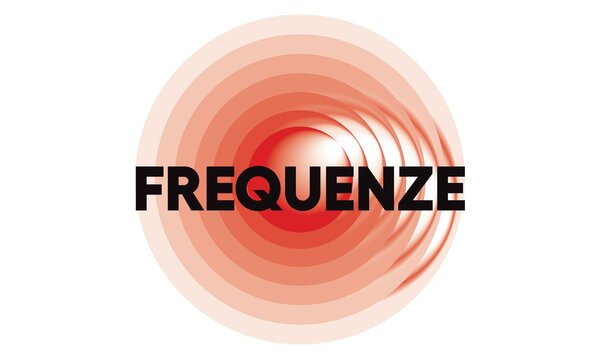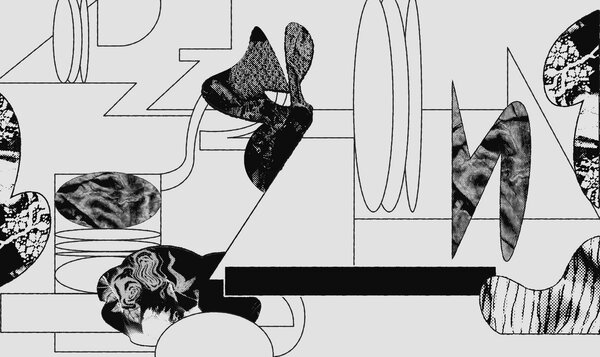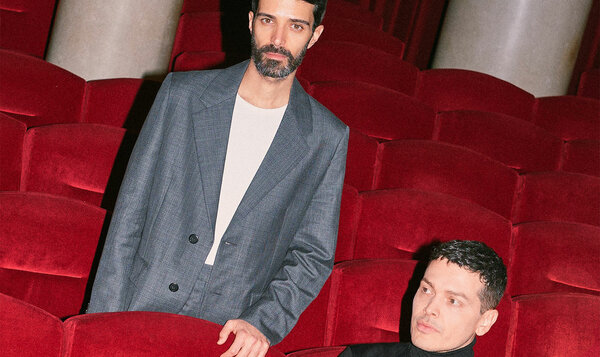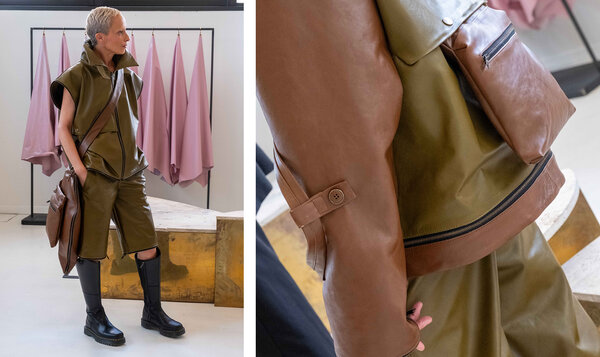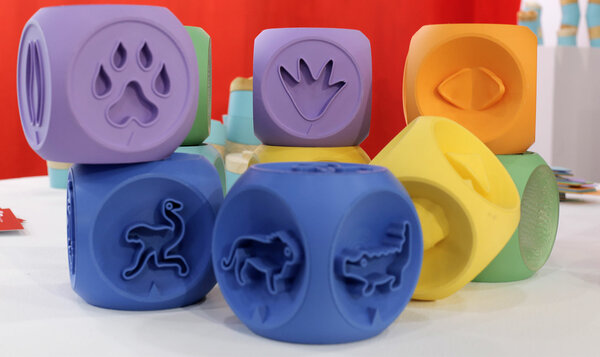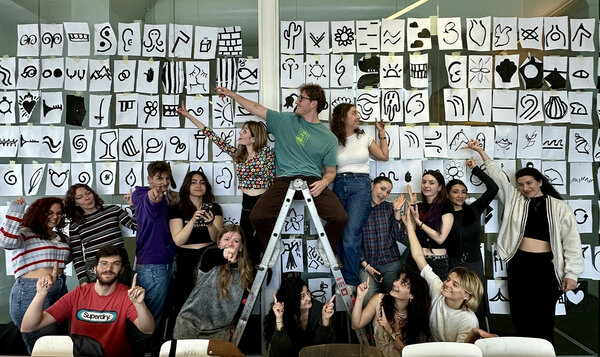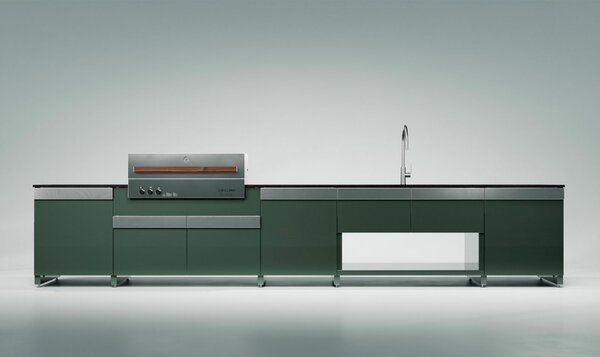Designing the future: design as care and inclusion
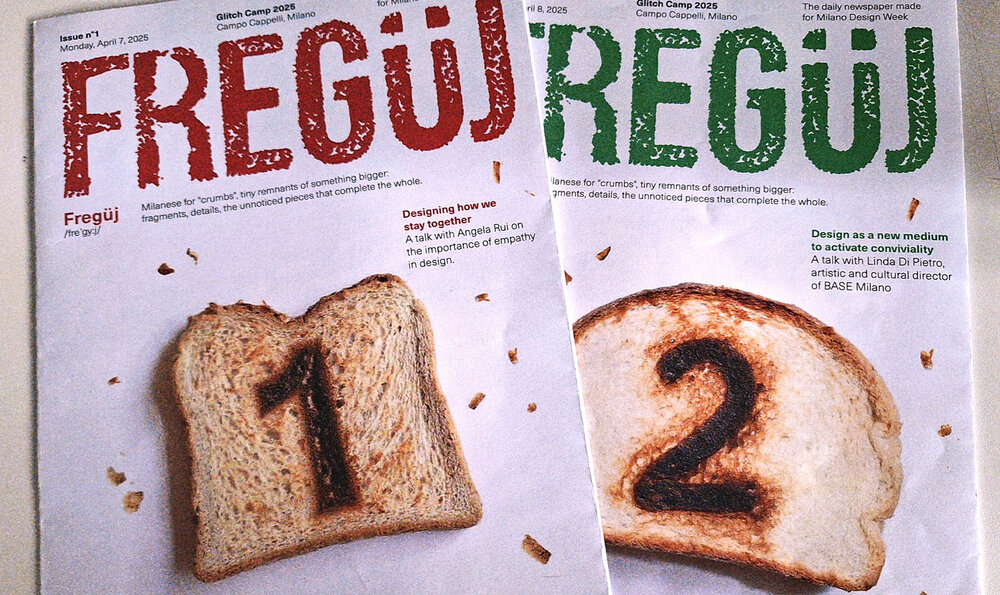
Discovering Fregüj: the first interviews
Date
30 April 2025
Fregüj is an independent fanzine born during The Glitch Camp, the initiative that, during Design Week, transformed Milan into a meeting point for young creatives from all over the world. Participants stayed in a temporary urban campsite, experiencing the city through events, encounters, and discoveries.
The name, Fregüj, comes from the Milanese dialect and means "crumbs": a name chosen to highlight its connection to bread, which in this edition of Glitch Camp reflects a symbolic meaning of inclusivity, sharing, and global culture.
The contents of the fanzine, created with the participation of students from the Master of Arts programs at IED Milano, include interviews, event highlights from Design Week, reports from FuoriSalone, an event calendar, and much more. The last page features a selection of vintage advertisements, chosen for their particular graphic, historical, or narrative value, showcasing the distinctiveness of Italian-made design.
Flipping through the first copies of Fregüj, we find interviews with Angela Rui and Linda Di Pietro.
Angela Rui is a design curator and researcher based in Milan. A former designer, journalist, and PhD in Exhibition Design, she is currently the Head of MA Programs at IED Milano.
In the interview, Angela Rui invites us to reflect on the education of young designers.
Projects like Glitch Camp show that real change, both inside and outside design schools, is possible: by addressing real issues, such as the lack of housing and rising costs, and designing solutions (typical of a temporary event like the Salone del Mobile) that respond to the needs of the present. In times of global crisis like the one we are living through, it is important to believe that if the world was designed once, it can be redesigned, following systemic and reparative logics. The very concept of “common good” goes beyond material goods, including social and cultural interactions: the “common” is built through everyday acts of care: for people, the environment, and other species. This means that a school can trigger mechanisms to rethink shared, collective space, as well as design forms of collaboration and resource-sharing: small actions that lead to bigger transformations because nothing is achieved alone, without empathy and inclusion.
Linda Di Pietro is a cultural manager and art director. She is currently the director of the artistic and cultural program at BASE Milano. An interview that leads readers to reflect on the relationship between human beings, and between humans and other intelligences. Design, therefore, is an approach, a position we apply to relationships, and designers today must have the ability to see through relationships and then transform them, both into methods, processes, and ways to activate the space around us. Design is, therefore, one of the many lenses through which to view the world differently.
